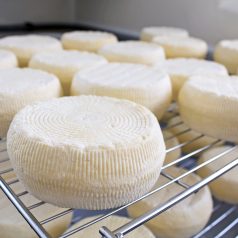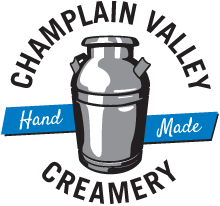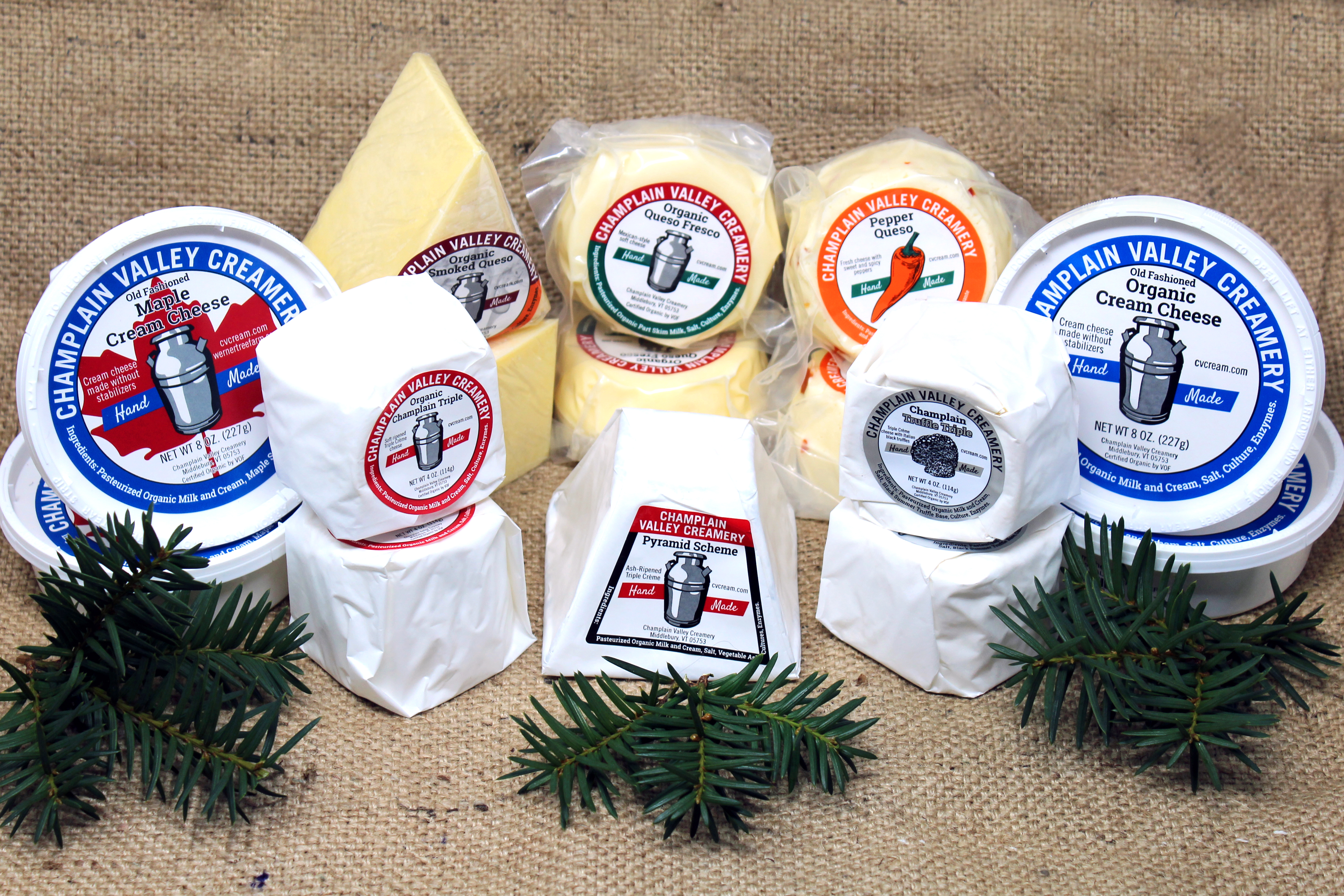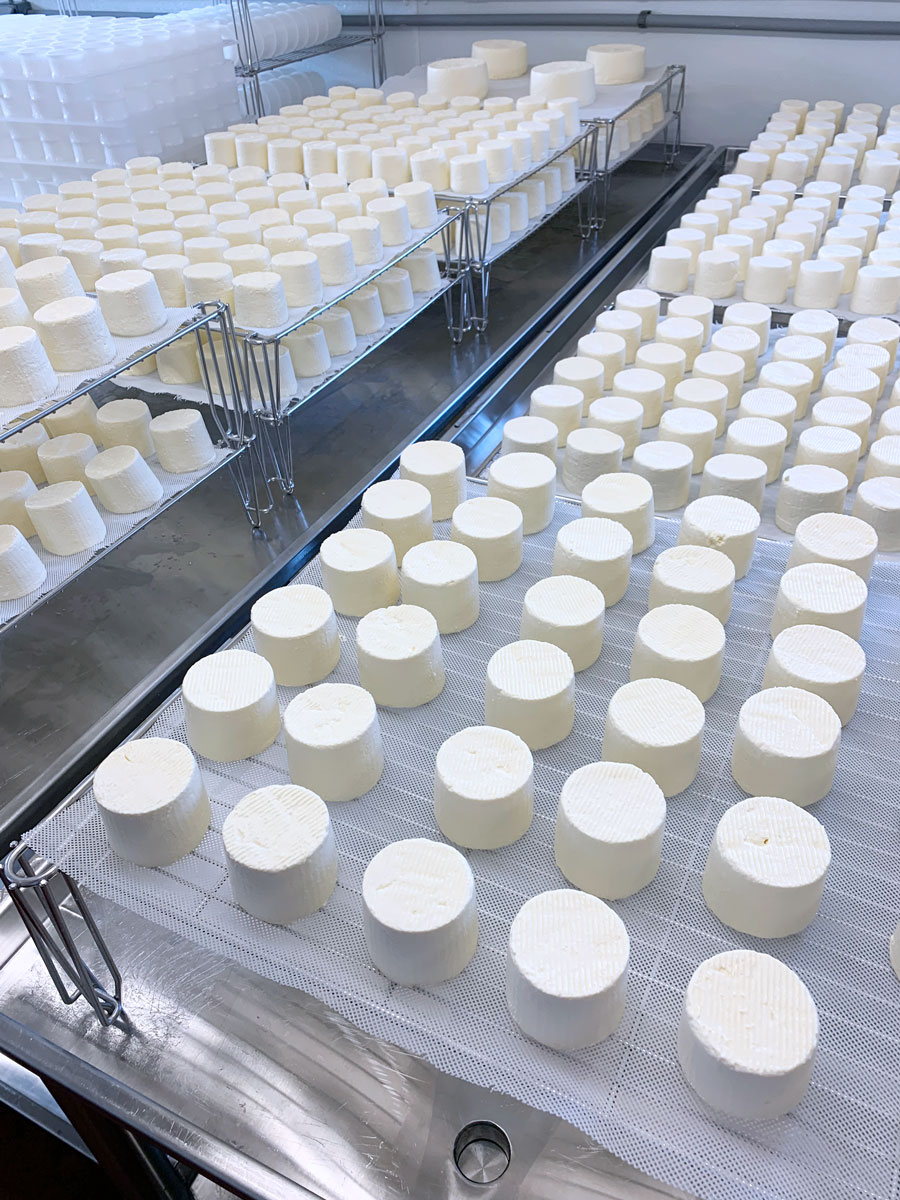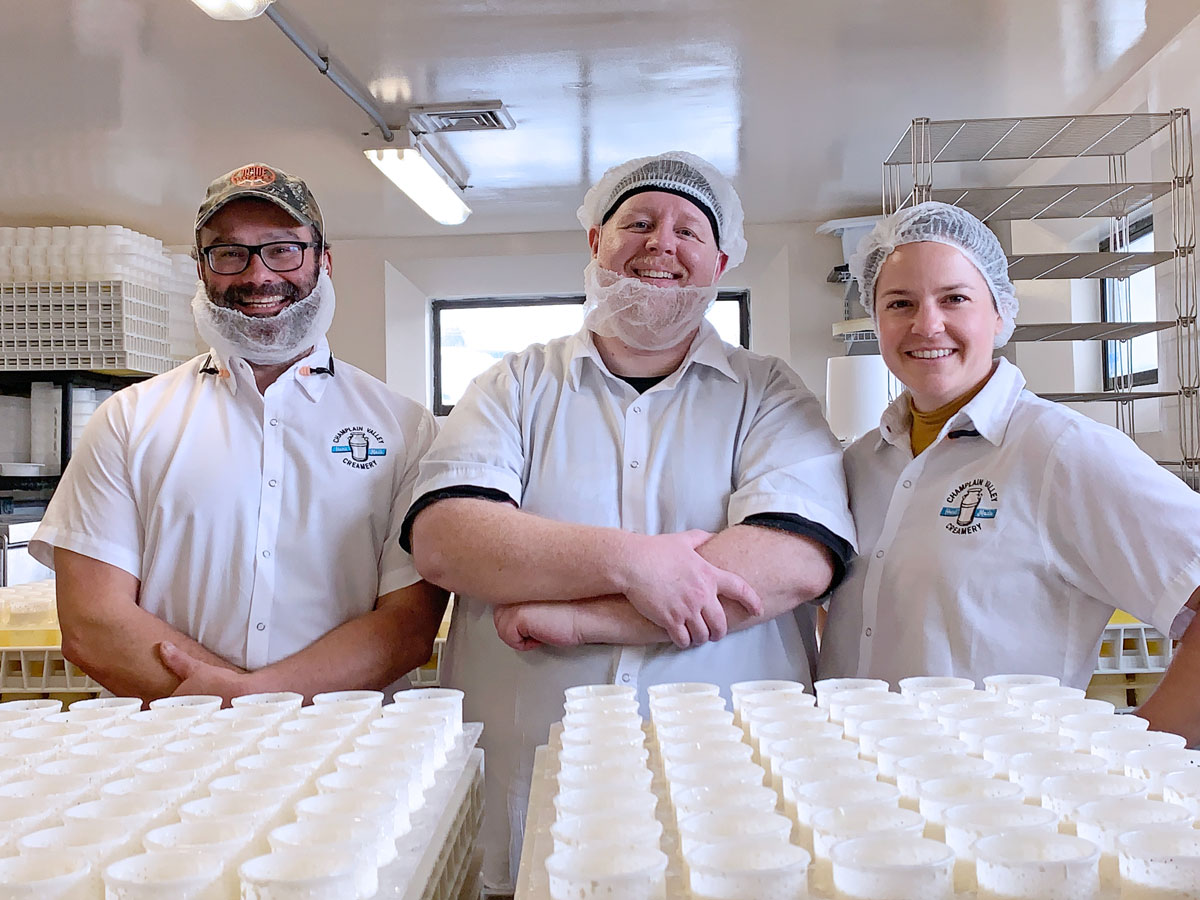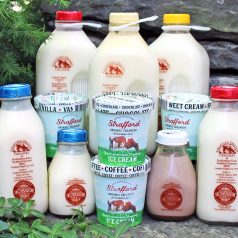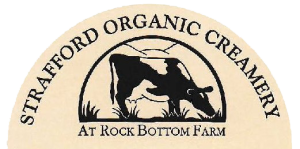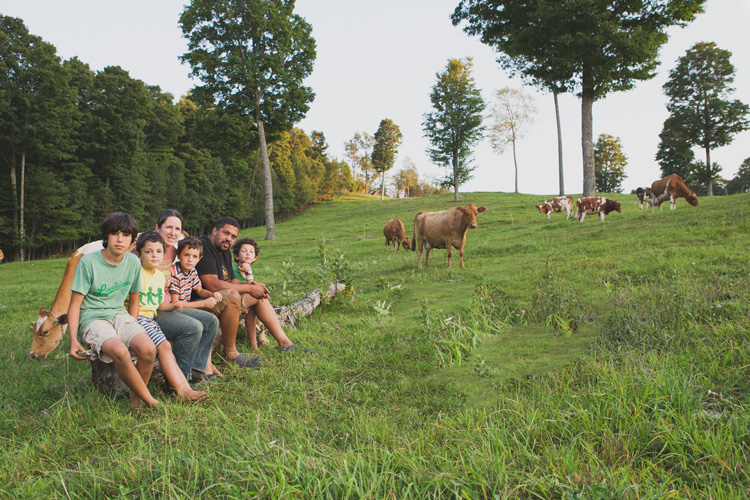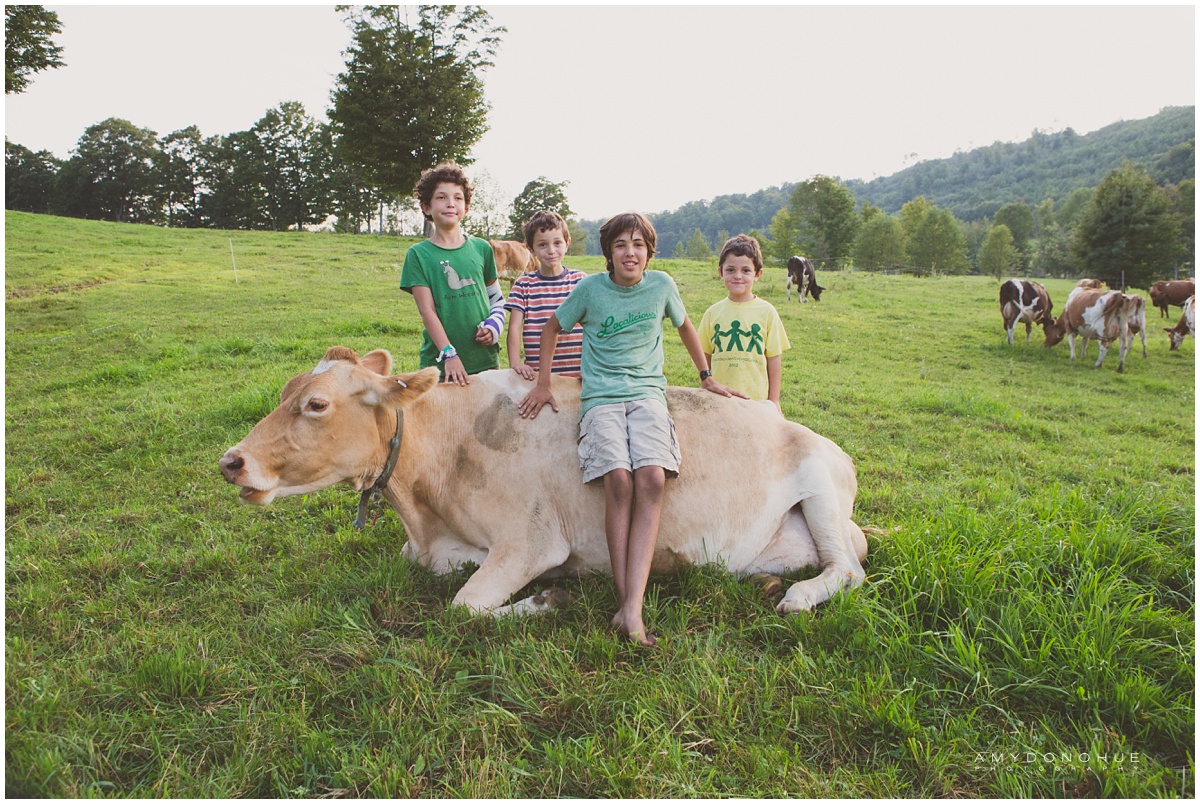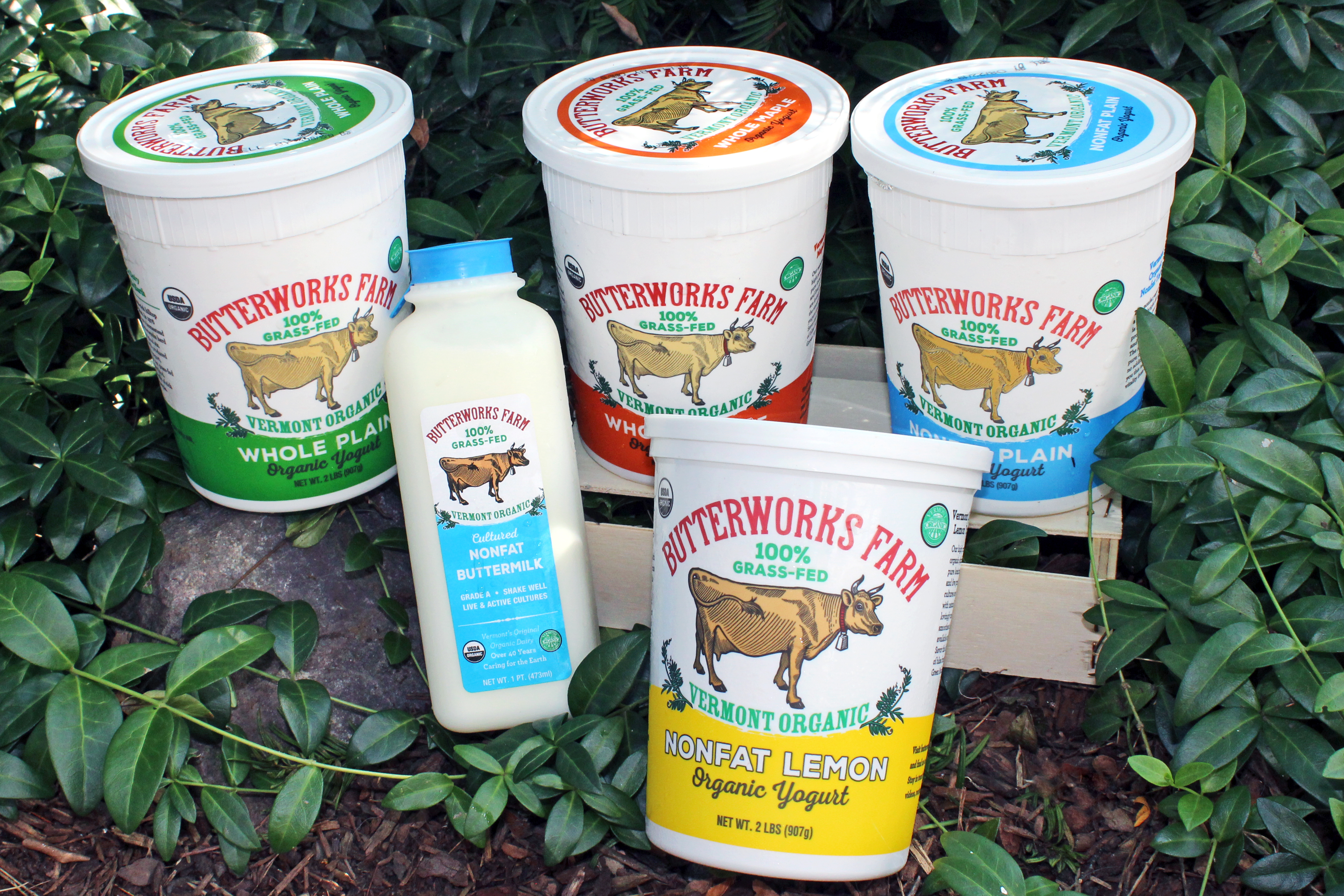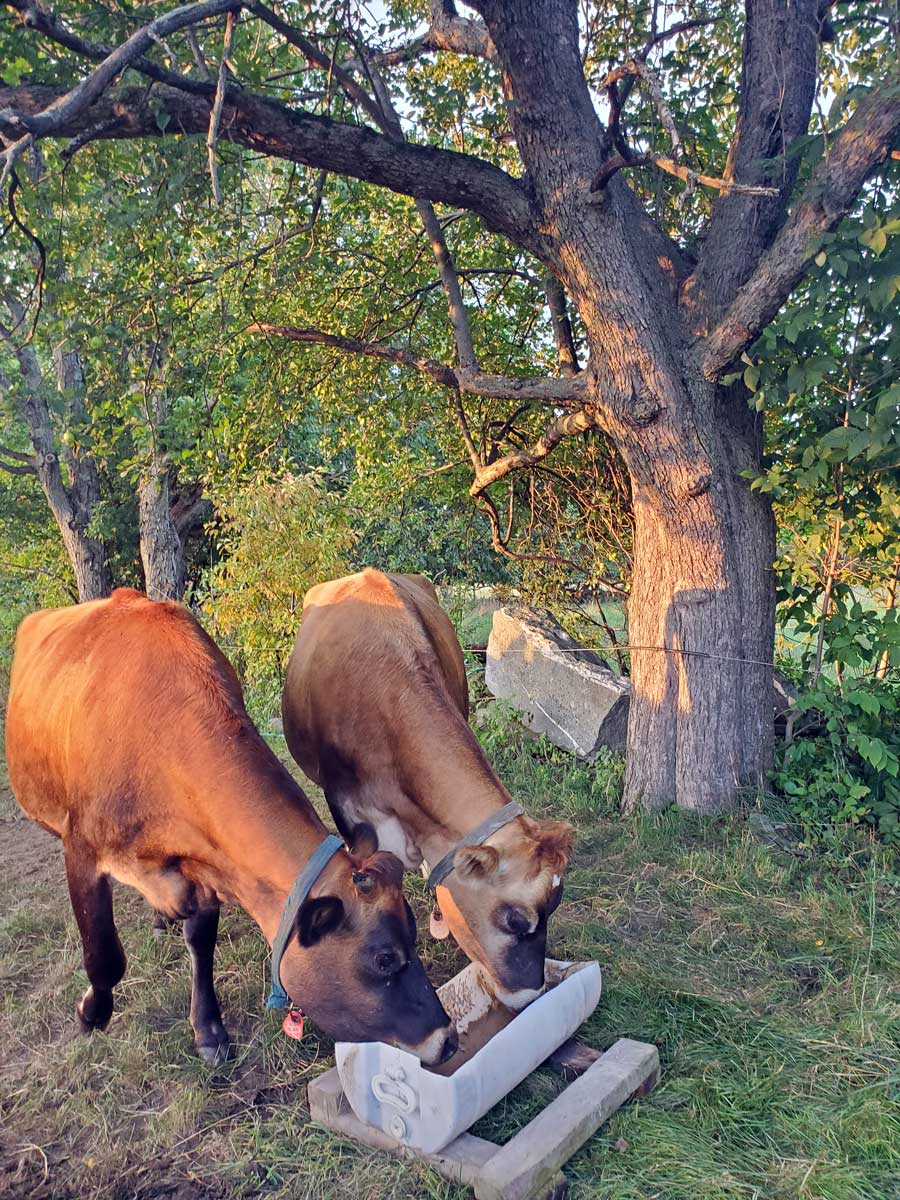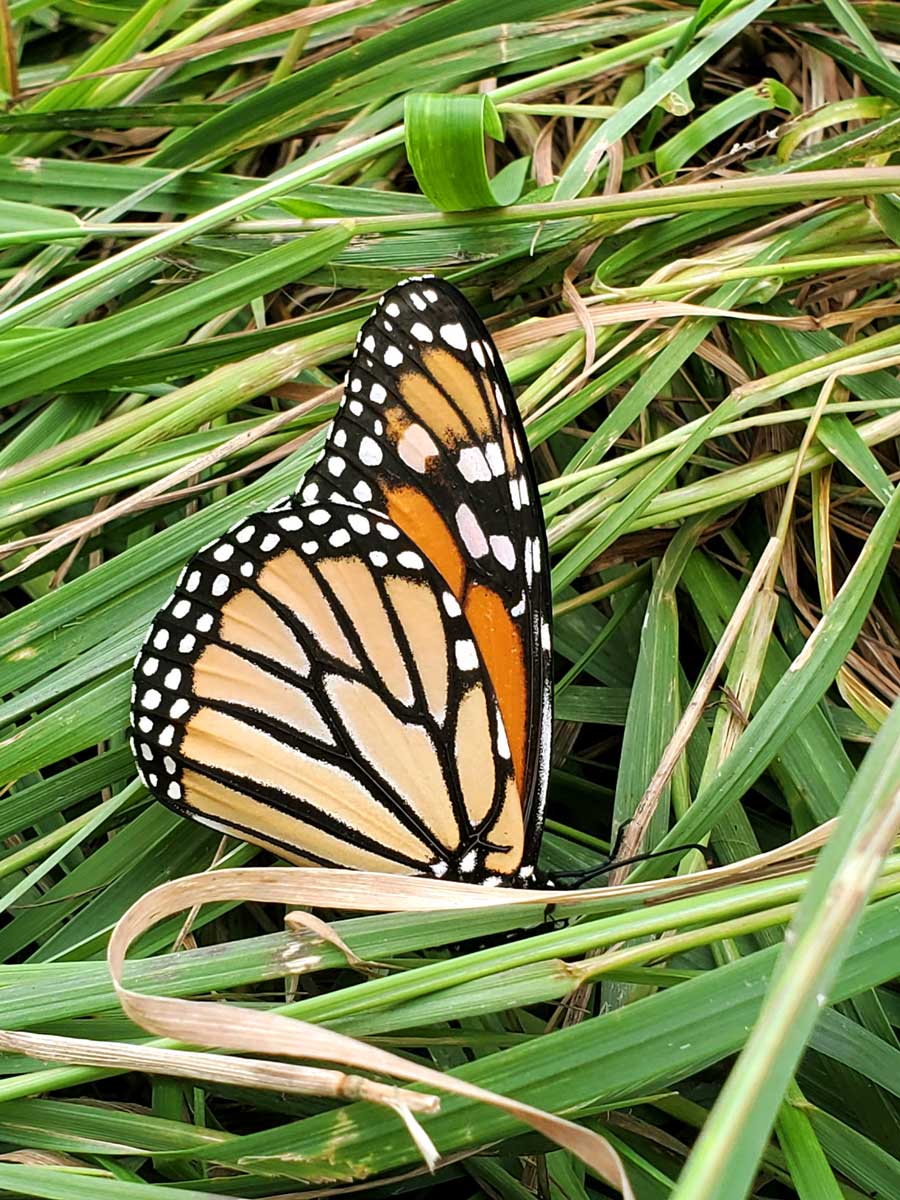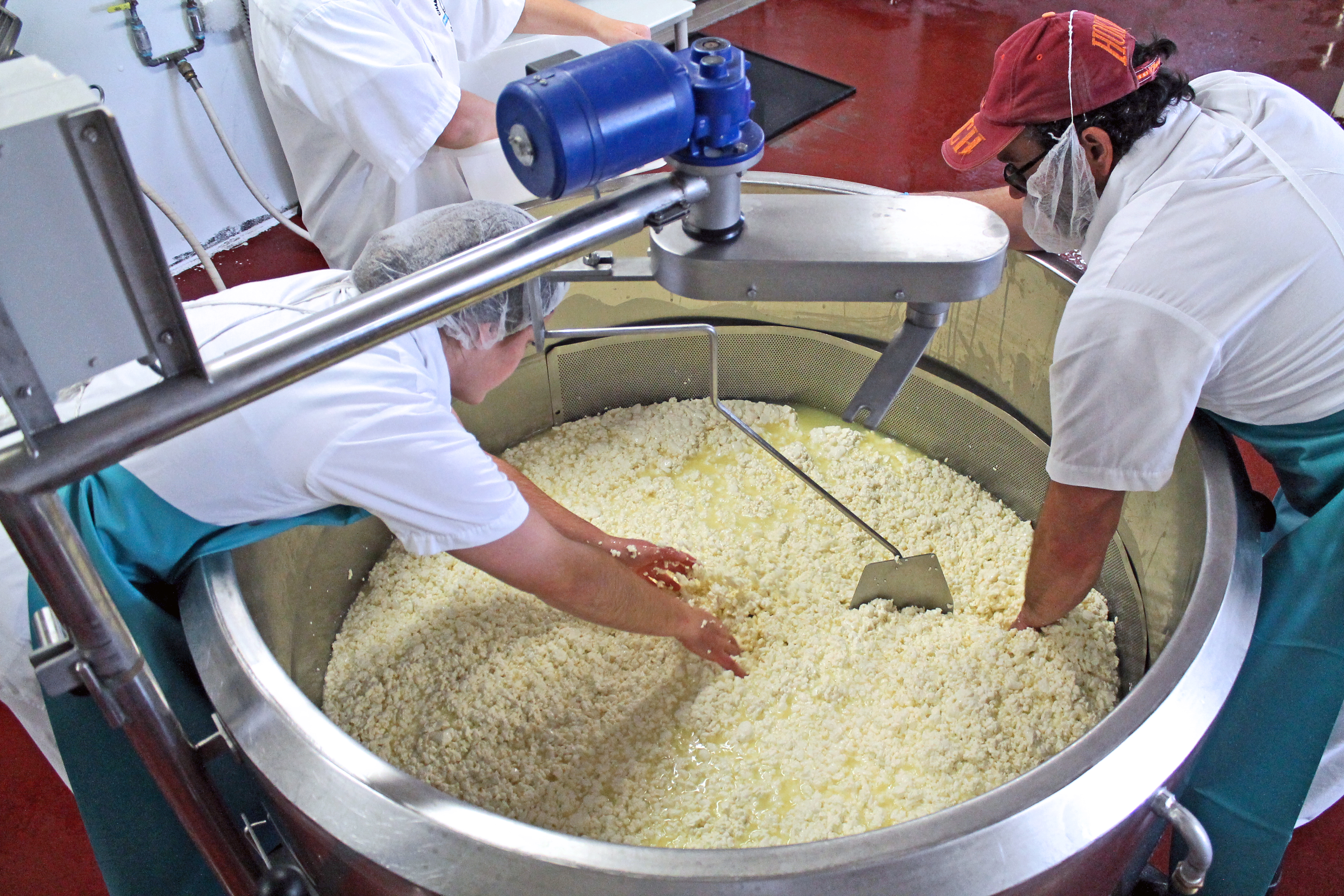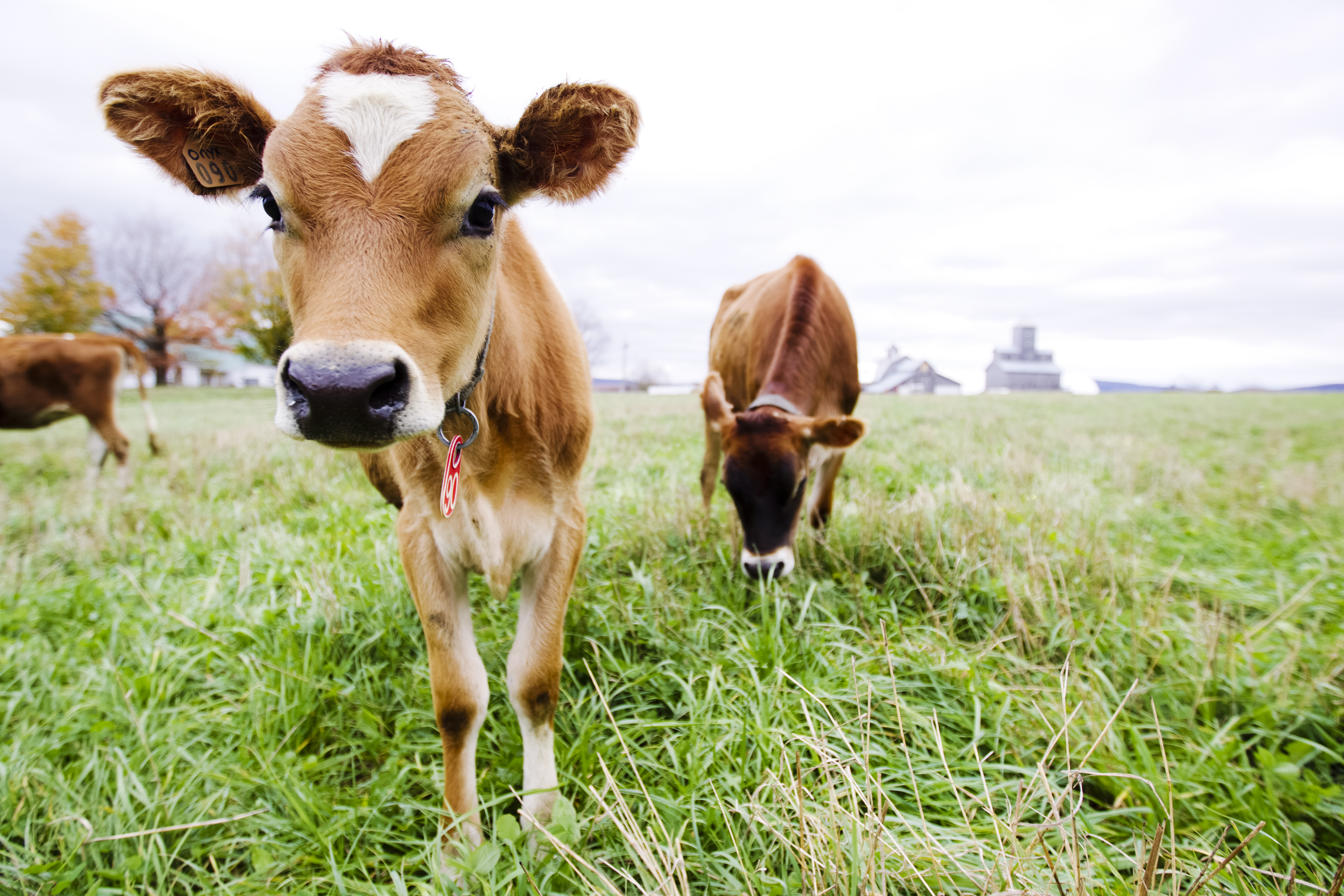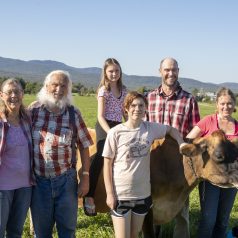
Spotlight on Butterworks Farm
Butterworks Farm is in the Member Deals Spotlight this week, and all of their local, organic, 100% grass-fed dairy products are 20% off for member-owners from January 19th through the 25th. It’s a great opportunity to enjoy delicious, high-quality dairy while supporting a Vermont farm with deep roots in sustainable agriculture and family tradition.

The story of Butterworks began over 46 years ago when Jack and Anne Lazor moved to Westfield, Vermont, fresh from college. With degrees in Agricultural History and Anthropology and a shared dream of living close to the land, they began building a farmstead and a life together. By 1979, they were selling yogurt, cottage cheese, and raw milk to a growing group of devoted local customers. As their operation expanded, so did their influence in the world of organic agriculture. Jack became a well-known voice in the movement—teaching courses at the University of Vermont, speaking at conferences, advocating for organic practices, and writing The Organic Grain Grower, a highly regarded guide for small-scale farmers.
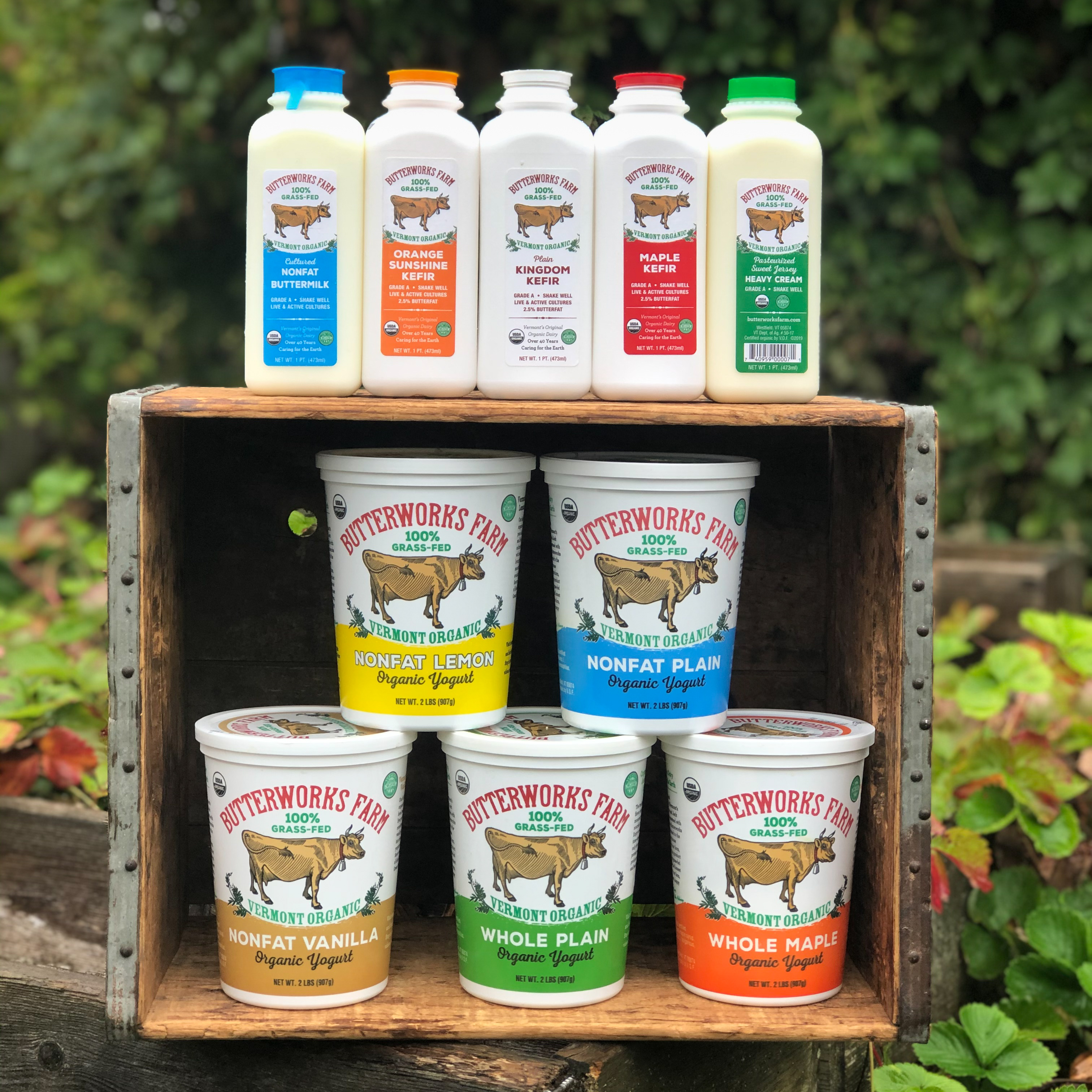
Jack and Anne approached farming as lifelong students, constantly researching and refining their methods to prioritize environmental stewardship. Their goal was always bigger than the farm—it was about contributing to a food system that builds soil, sequesters carbon, conserves water, and supports biodiversity.
In 2010, Jack was diagnosed with prostate cancer, later requiring dialysis for kidney failure. During this incredibly challenging time, Anne became both Jack’s caregiver and the steady hand that kept the farm running. After Jack’s passing in 2020, their daughter Christine, who grew up on the farm, stepped in to continue the family’s legacy. With her own family now involved, Christine remains committed to the land, the animals, and the values that have guided Butterworks from the start.
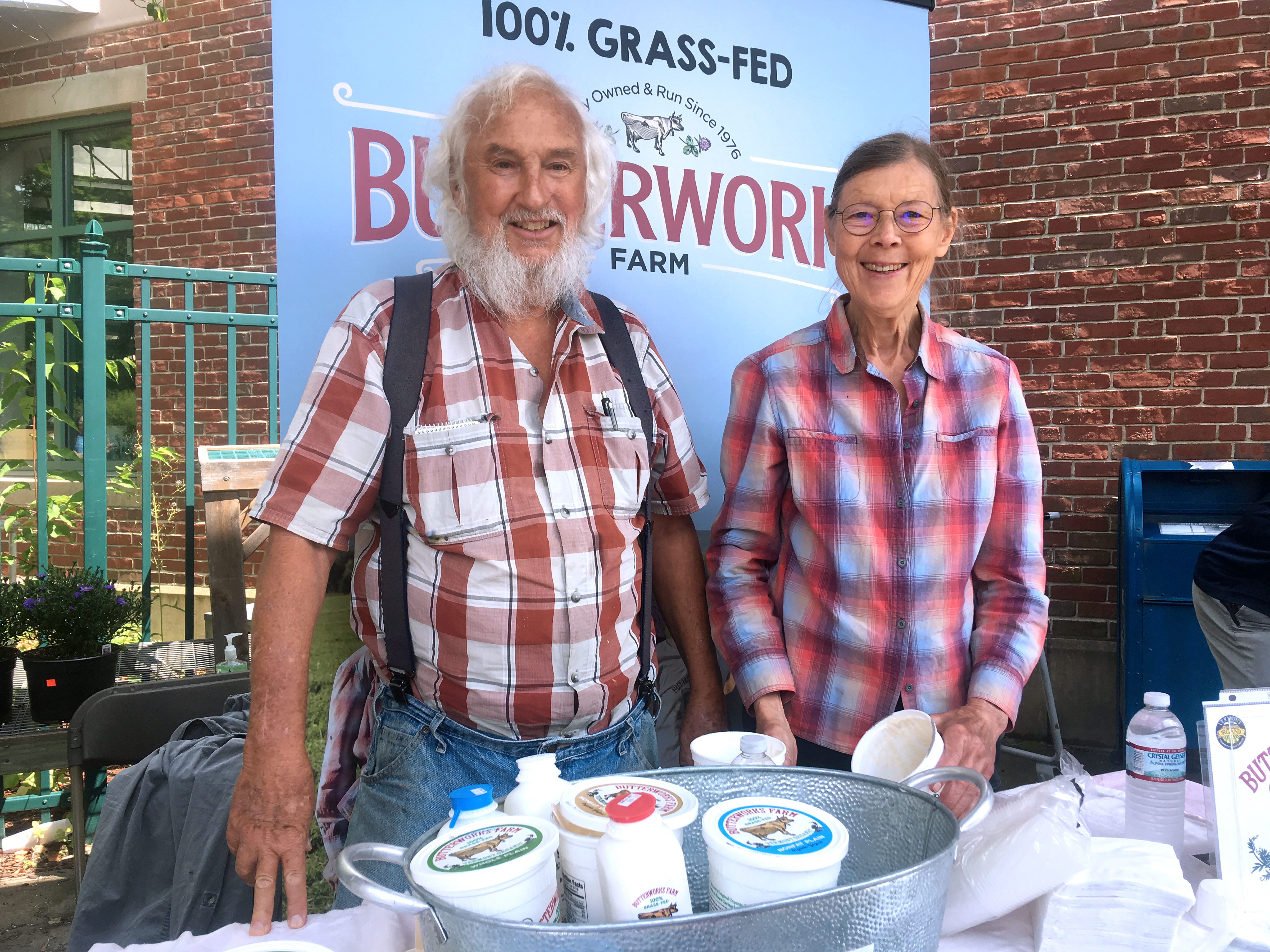
The cows at Butterworks Farm are Jerseys—gentle, spirited, and well-suited to thrive on a diet of nothing but grass. Each cow has her own name and a familiar place in the barn. They graze on rotational pastures throughout the growing season and eat sweet hay from the winter solar barn during the colder months. The decision to go fully grass-fed was a gradual process. For years, Butterworks grew all their own feed, including grains like oats, wheat, and corn. But as soil fertility improved, so did the quality of their pastures, and by 2016 they had transitioned to a 100% grass-fed model.
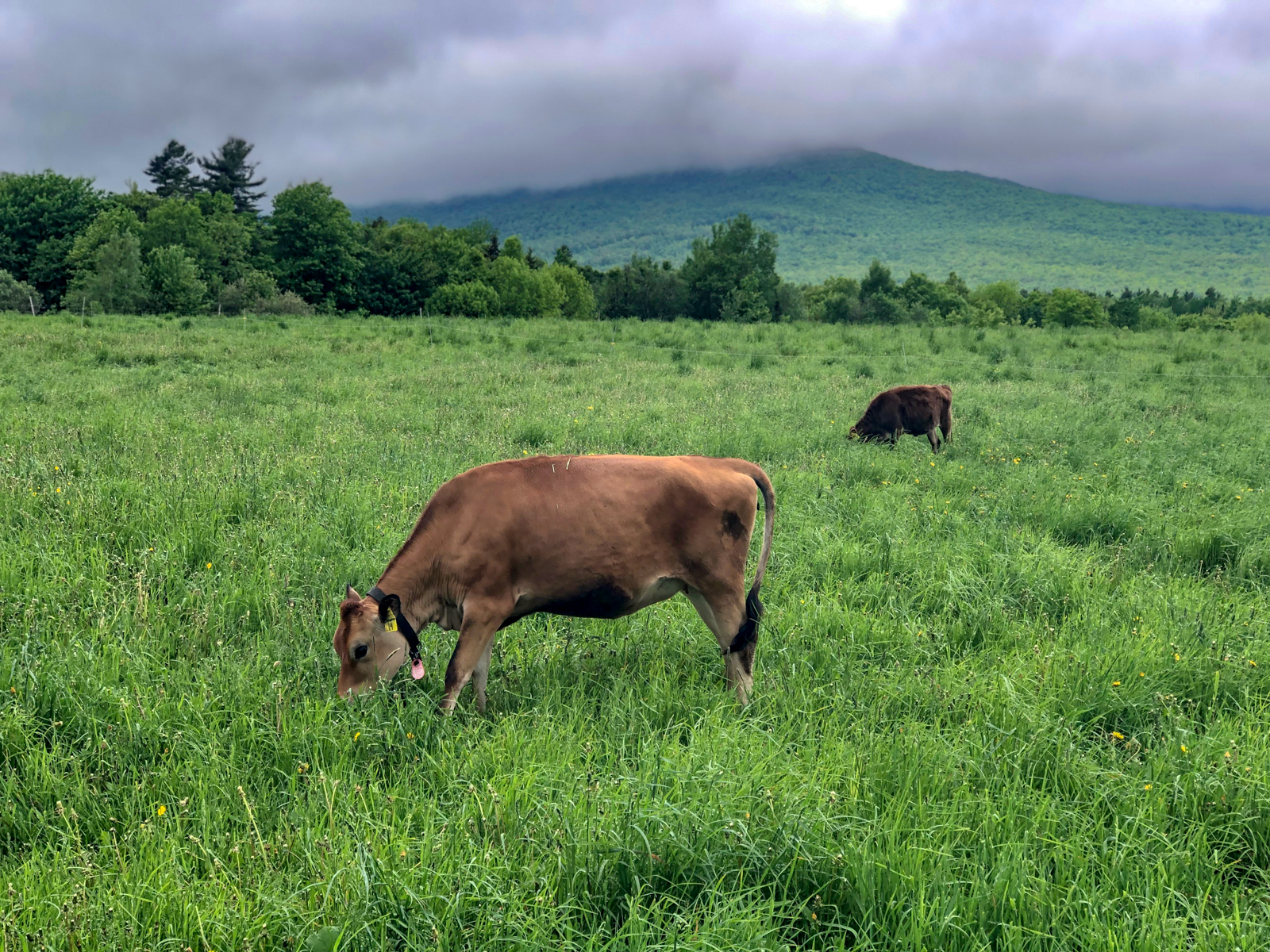
This shift wasn’t just about diet—it was about farming in a way that reduces tillage, enhances soil structure, and draws carbon out of the atmosphere. As Jack once wrote in a Butterworks Farm blog post: “More grass means more fibrous root systems in the soil. Less grain means less tillage and better soil health. Less tillage means less burning of fossil fuels and less disturbance to the delicate balance of microorganisms in our soils.” For him, building soil carbon was central to the farm’s mission and a key part of the global response to climate change.
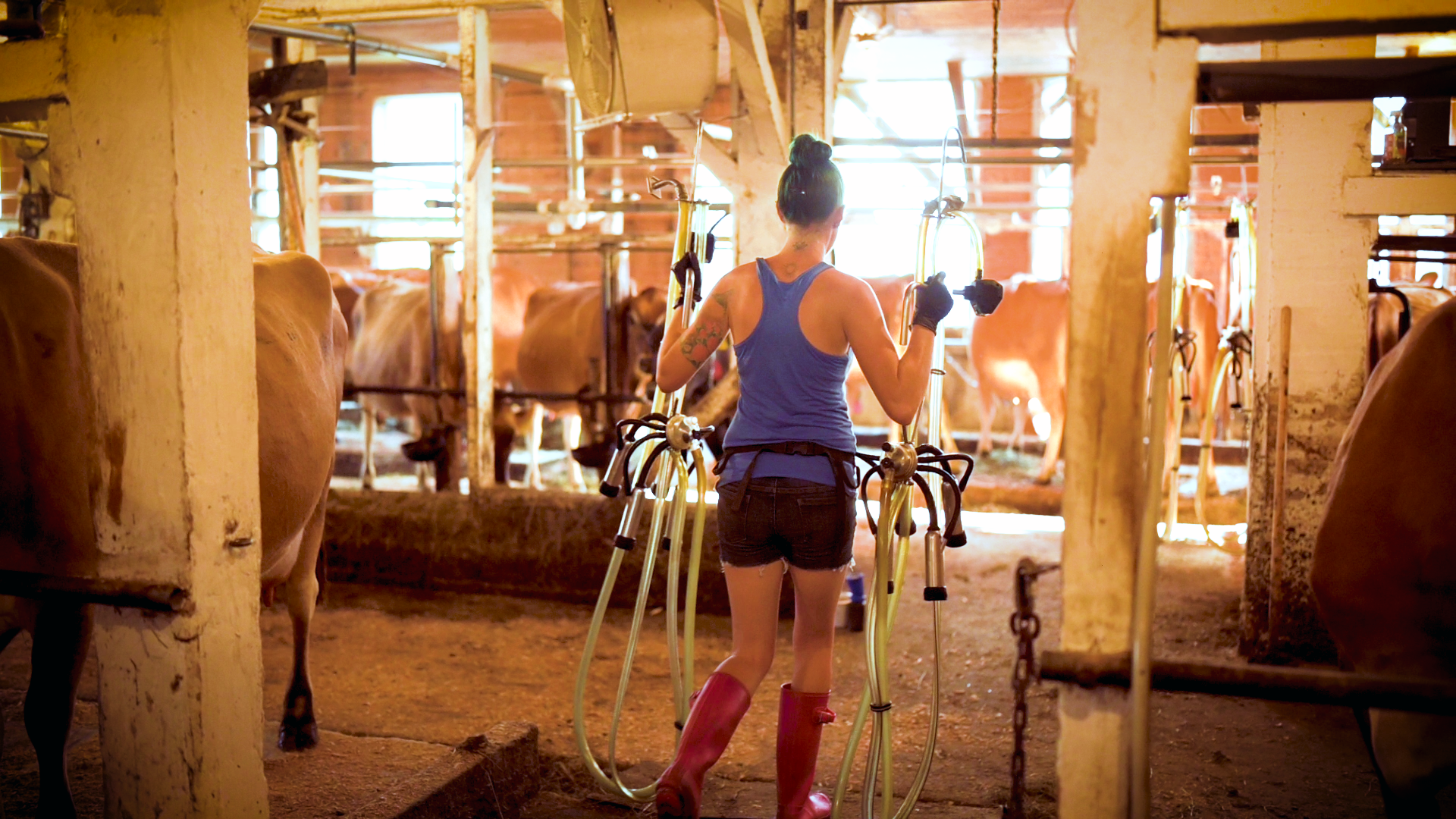
In recognition of their decades of work, Jack and Anne were honored with NOFA’s Lifetime Achievement Award in 2019 and became the first organic farmers inducted into the Vermont Agricultural Hall of Fame. Jack was posthumously featured in Vermont Public’s Soul of the Soil series in 2022, highlighting his lifelong efforts to farm in harmony with the earth.
Butterworks Farm stands today as a testament to what’s possible when farming is approached with vision, humility, and care for future generations. With three generations now working the land, their story continues—rooted in tradition, inspired by nature, and sustained by love.

